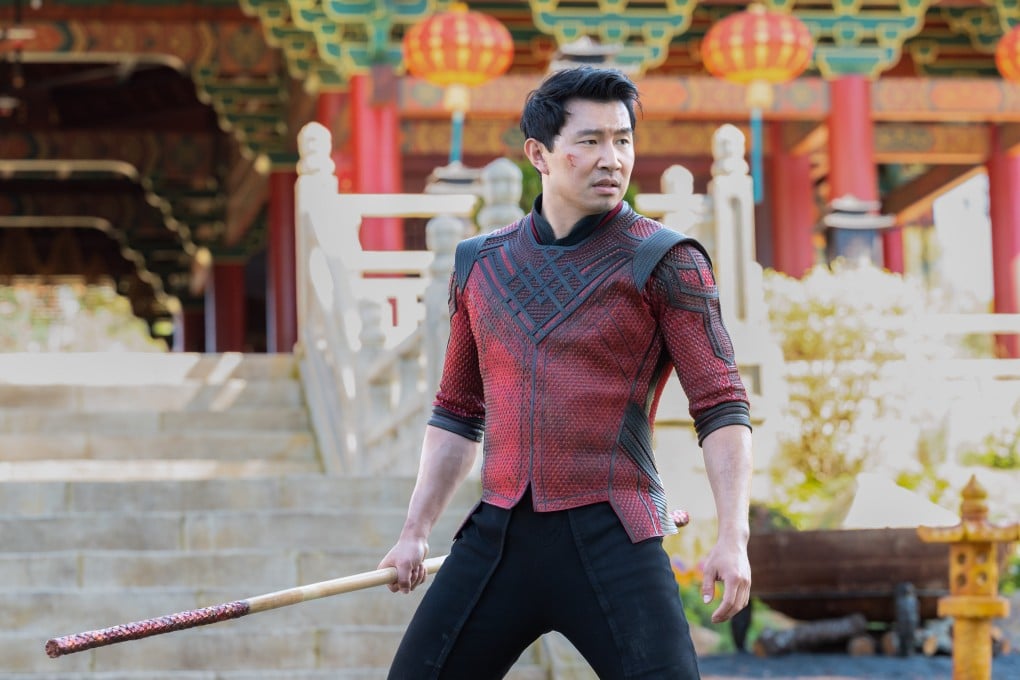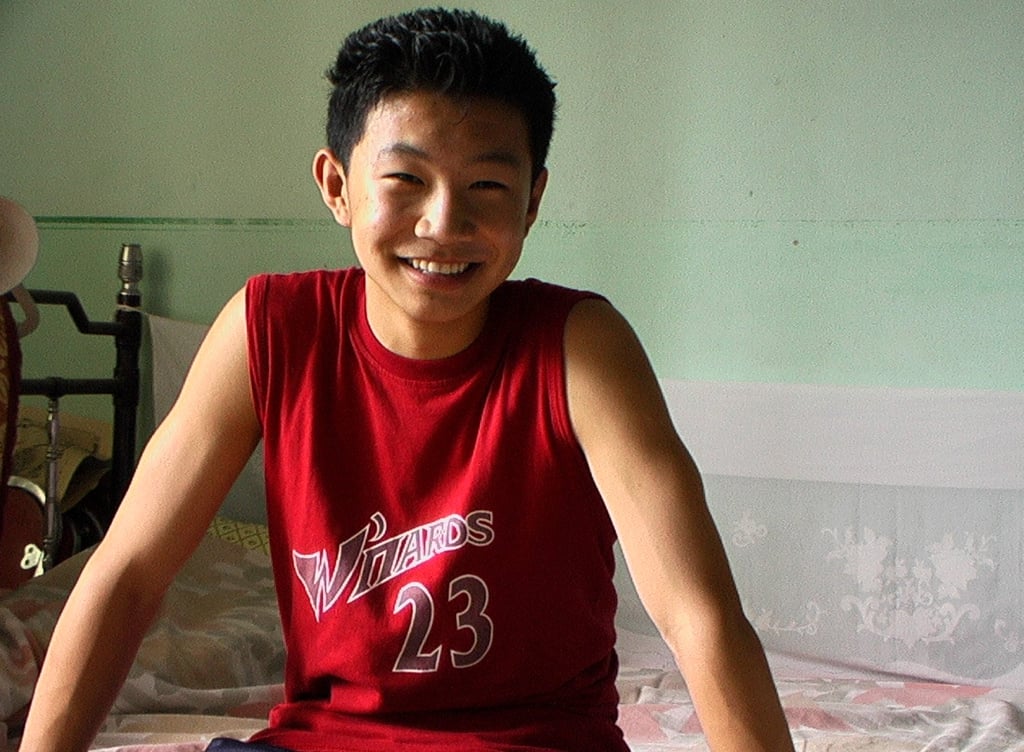Advertisement
Review | Simu Liu on growing up poor in China, fights with his parents in Canada and his path to portraying Shang-Chi, Marvel Studios’ first Asian superhero
- The actor, who shot to stardom with the release of Shang-Chi and the Legend of the Ten Rings in 2021, grew up in poverty in Harbin and fought with his parents
- With candour and self-deprecating wit he tells the story of an immigrant family at war with itself, while acknowledging what his parents endured to reach Canada
Reading Time:3 minutes
Why you can trust SCMP

We Were Dreamers: An Immigrant Superhero Origin Story by Simu Liu, pub. William Morrow
As recently as last year, much of the world remained unaware of 33-year-old Chinese-Canadian actor Simu Liu. That was until the release of Shang-Chi and the Legend of the Ten Rings in September 2021, when Liu was unveiled as Marvel’s first Asian superhero.
Arriving amid a wave of critical and commercial hits such as Crazy Rich Asians (2018) and The Farewell (2019), Shang-Chi championed Asian representation in Hollywood.
Advertisement
In his memoir We Were Dreamers: An Immigrant Superhero Origin Story, Liu details his journey from the chilly Chinese city of Harbin to big-screen superstardom, but Marvel Cinematic Universe super fans hoping for a behind-the-scenes tell-all about Liu’s experiences filming with Tony Leung Chiu-wai and Michelle Yeoh will be left wanting: Liu begins his story with the fateful call from Marvel Studios president Kevin Feige that would change his life.

He then circles back to detail his chequered childhood, rebellious adolescence and increasingly strained relationship with his parents, before concluding with his first Shang-Chi screen test.
Advertisement
Advertisement
Select Voice
Select Speed
1.00x